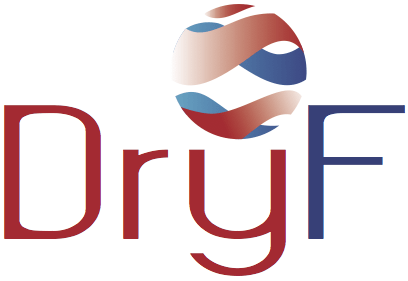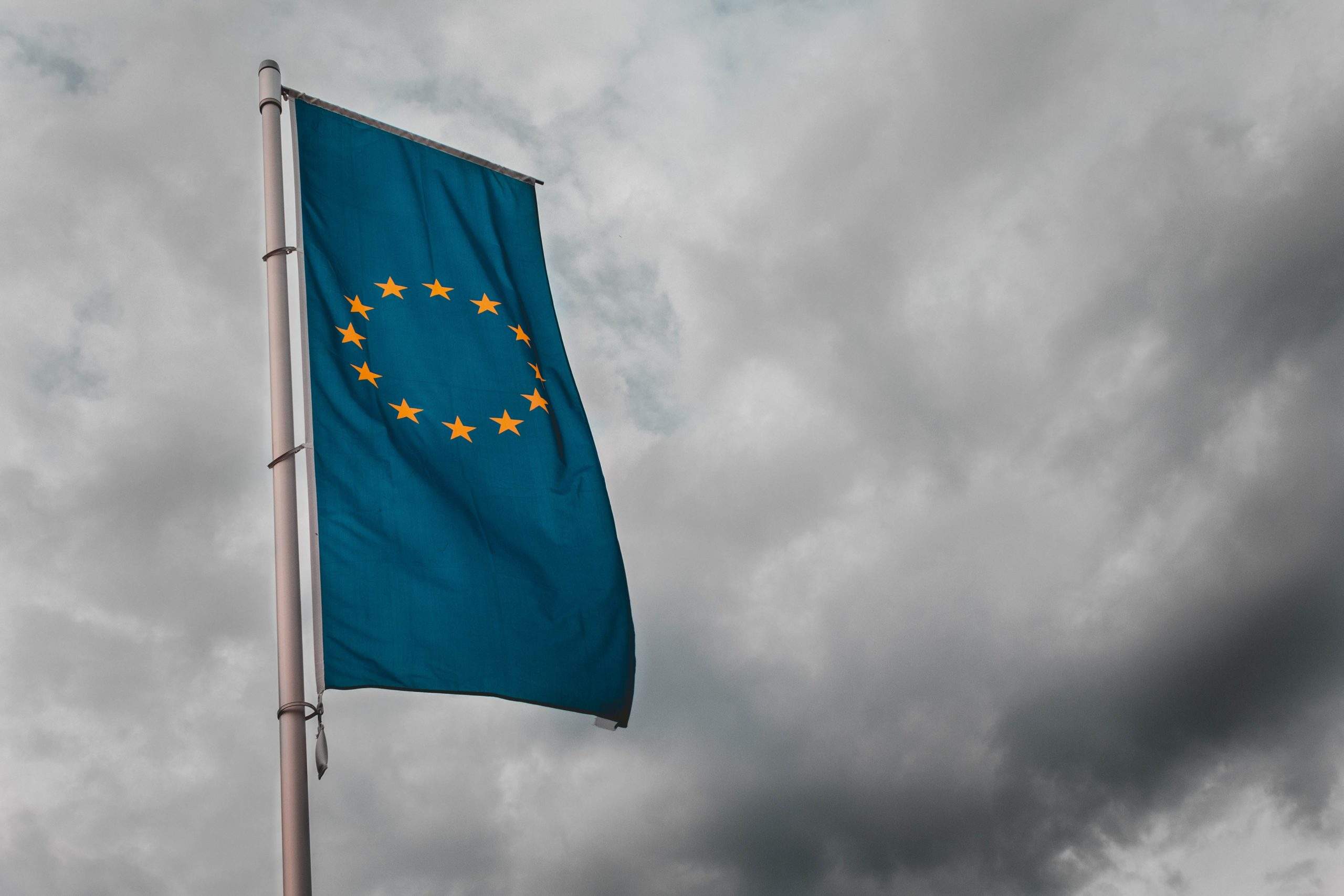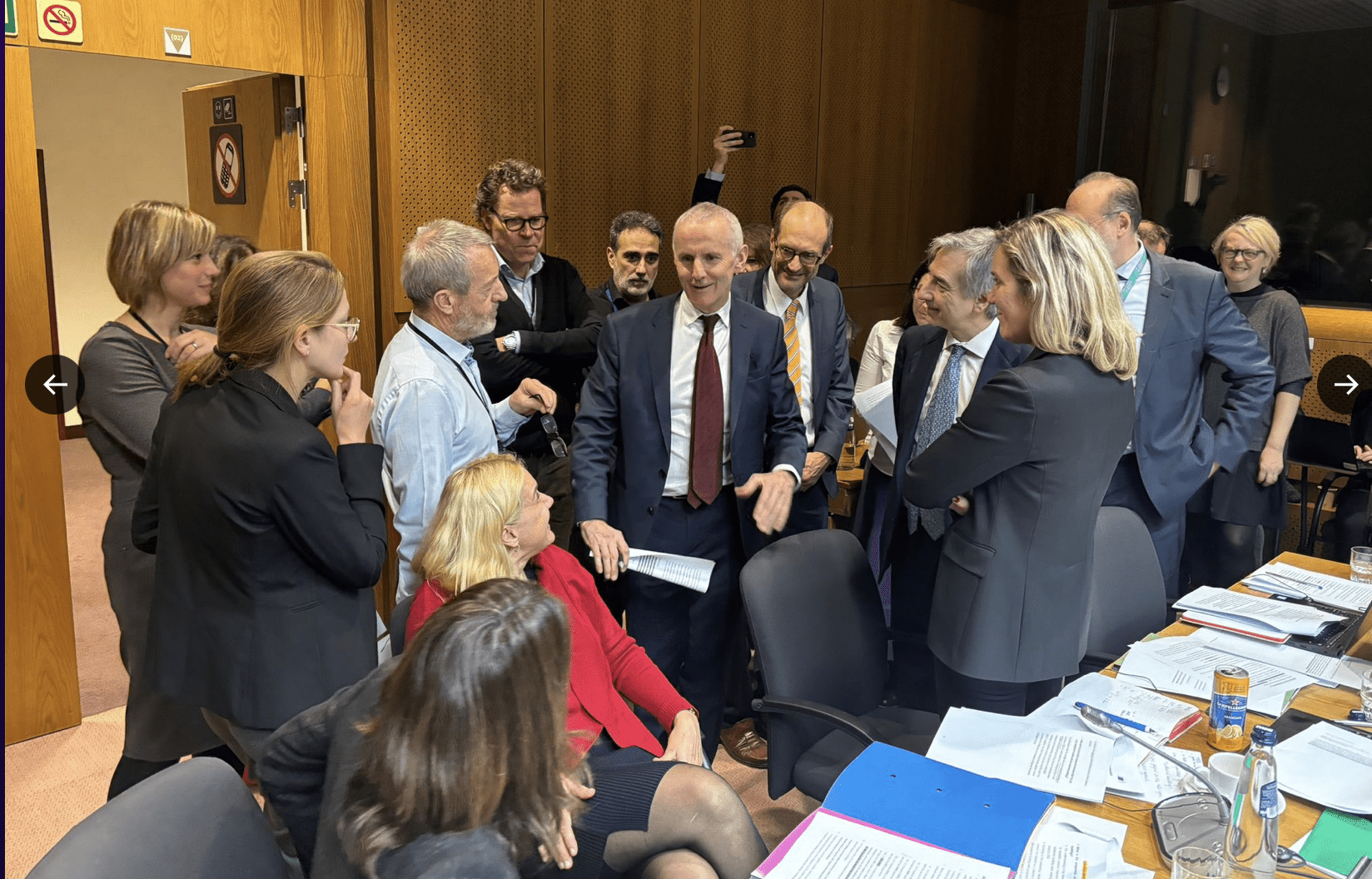The overall objective of the DryFiciency project is to lead energy-intensive sectors of the European manufacturing industry to high energy efficiency and a reduction of fossil carbon emissions by means of waste heat recovery to foster competitiveness, improve security of energy supply and guarantee sustainable production in Europe. The project addresses three sectors, namely brick, waste management and food industry. The results are however of major relevance for a number of other energy-intensive industries such as e.g. pulp and paper industry.
The DryFiciency consortium will elaborate technically and economically viable solutions for upgrading idle waste heat streams to process heat streams at higher temperature levels up to 160 °C. The key elements of the solution are three high temperature vapour compression heat pumps: two closed loop heat pump for air drying processes and one open loop heat pump for steam drying processes. The DryFiciency solution will be demonstrate under real production conditions in operational industrial drying processes in three leading European manufacturing companies from the food, brick and waste management industries.
The potential of the technology demonstrated is to reduce the specific energy demand for drying and dehydration from 700-800 kWh per ton down to 200 kWh per ton of evaporated water. The energy switch from fossil fuels towards heat pump technology reduces the environmental impact considerably and offers at the same time a potential for energy savings of up to 60-80 %. This will lead to substantial reduction of energy costs and consequently lower specific product costs resulting in a significantly improved competitiveness.

Waste Heat Recovery in Industrial Drying Processes

Waste Heat Recovery in Industrial Drying Processes
Project information
Name :
Overall budget : 708484926 €
EU contribution : 4977159 €
Coordinated by : AIT AUSTRIAN INSTITUTE OF TECHNOLOGY GMBH
Start date : 01/09/2016 - End date : 31/08/2021
Grant ID : 723576
Programme (s)
H2020-EU.3.3.
H2020-EU.3.3.1.
The DryFiciency project team developed and successfully demonstrated two different industrial heat pump technologies that turn waste heat into useable heat at temperatures reaching 160 °C. Waste heat is the energy that is not used. Consequently, it is lost, wasted or dumped on the environment. The heat pumps reuse this heat. The elevated temperature makes the technology applicable to a variety of industrial procedures. The heat pump solutions can be used in the food and beverage, ceramic, pulp and paper, textile and chemical industries, to name a few. By the end of August 2021, each of the project’s two closed loop heat pump systems had already been in operation for around 4 000 hours. Compared to conventional natural gas burners, the heat pump demonstrators led to energy savings of up to 80 % and a decrease in carbon emissions of about 80 %. In addition to these benefits, electric drying with heat pumps can reduce industrial end users’ production costs by as much as 20 %. With the use of a third heat pump system, more than 100 tonnes of biomass have been dried. This resulted in improvements of over 75 % in the dryer’s efficiency and capacity while reducing energy consumption by 70 %.
Thanks to DryFiciency, heat pumps are now present in many potential industrial clients’ plans. Furthermore, dryer manufacturers are very interested in improving the efficiency of their drying systems by integrating heat pumps. Sander Geelen, a member of the project’s External Experts Advisory Board and CEO of Geelen Counterflow, intensified collaboration with the DryFiciency partners. As of October 2021, the Dutch company had sold three fully electric dryers to China, Norway and South Korea.


